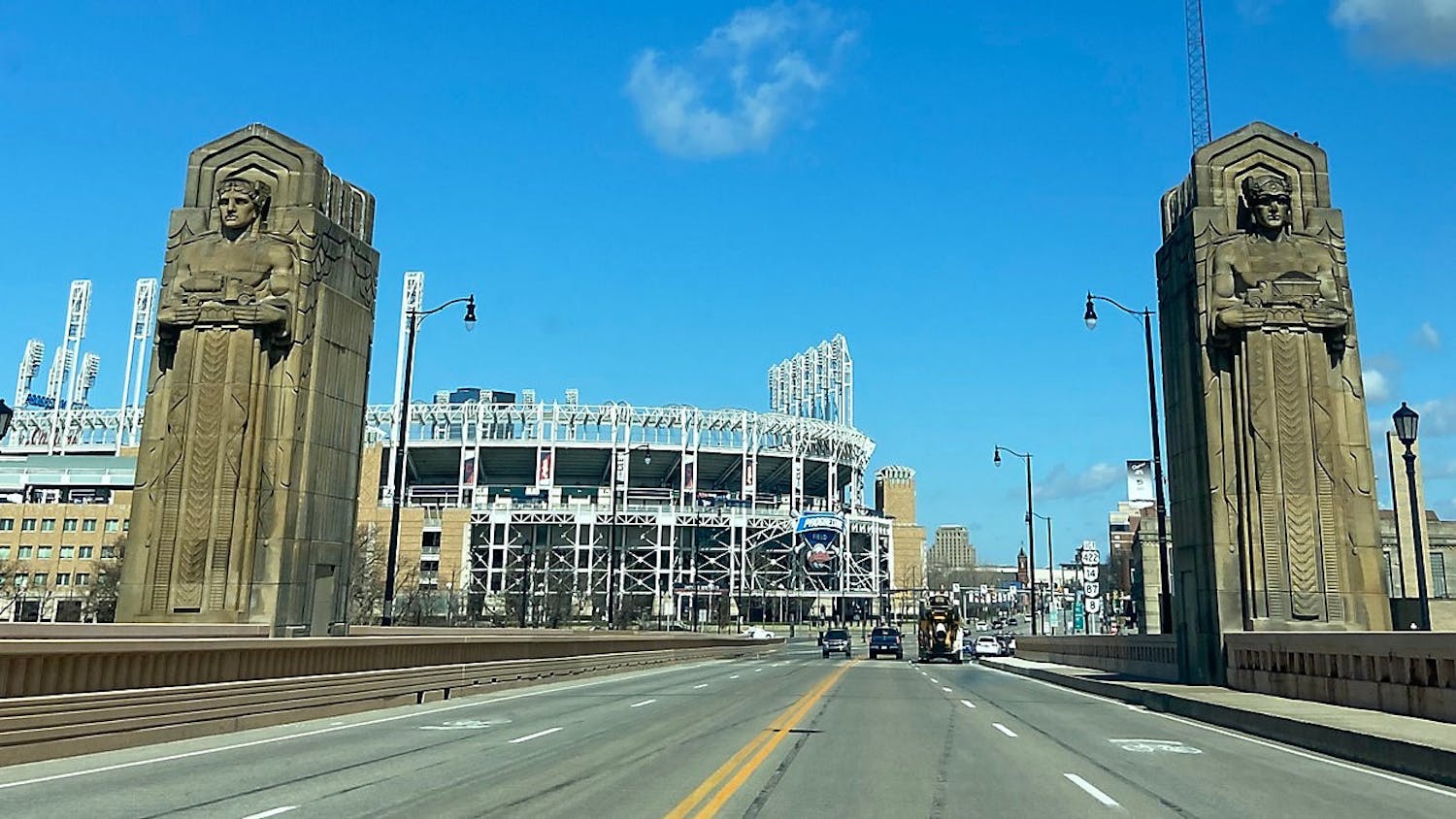On Oct. 2, at least 125 people were killed in a crowd crush at an Indonesian soccer match. After the final whistle, losing side’s fans rushed the field, causing panic among other spectators and the police, who fired teargas in a way that didn’t follow the proper FIFA safety regulations. This is not the first nor the most notable instance of death at a soccer match, the most notable being the infamous Hillsborough Disaster, in which a similar crowd crush killed 96. The most recent incident was in March 2022 when 17 Mexican club soccer fans were killed in a brawl spawned by opposing fans and made worse by a local cartel’s association with a fan group.
Three fans of AFC Ajax, a Dutch club, were hospitalized after clashing with fans of the Italian Club SSC Napoli before a continental cup match. Liverpool fans clashed with police and Rangers fans, Hamburger Sport-Verein (HSV) fought with St. Pauli; I could go on and on and on. The fact of the matter is: despite all of these noteworthy instances of soccer related violence, fans, clubs and federations do either absolutely nothing or too little to discourage these behaviors from ultras, another term for hooligans. Fining the clubs and emptying stadiums for a match does not work; fans do not behave better as the next generations come of age, and it’s a dilemma pundits and officials are scared to answer because they can be deemed the culprit. Modern soccer hooliganism is due to systemic negligence by both federations and governments, while also being a major symptom of adolescent and adult male dejection in modern times. In other words, it’s an athletic after effect of a late stage capitalist death spiral.
Where does the mind of a man go when his labor is being exploited so his family can’t pay rent, the news is spewing about how the world is burning and nuclear tensions have never been higher, and his only “escape” from that life is the weekend soccer match of his favorite team? The passion, anger and frustration centered on this everyman comes to life and is exercised in the form of fandom. It’s exactly what is depicted in “Fight Club''– men find purpose in the extreme, in the aggressive and the disruptive. So, when these men are at the match, they take up arms and go to work; flares, offensive chants, bigotry abound, bare knuckle brawling are all flowing in the collective crowd’s bloodstream. This behavior is also easier to get away with, and they consequently do while in crowds of like minded men, and clubs are hesitant to punish their own fans. This is where the towering national and continental federations step in.
The choice wrist slap of fan misbehavior for the Union of European Football Associations, or UEFA, is to hand out a stadium ban or make the teams play in front of an empty stadium. They did this recently after Olympique de Marseille and Eintracht Frankfurt fans, respectively of France and Germany, threw flares at each other while engaging in other acts of violence and bigotry. During the fanless games, yes, there will obviously be a lack of fan disturbance, but often fans will often gather outside of the stadium during play instead of being inside. Since they care so much, the time away from the team might also stir up stronger emotions. Oftentimes, the outcomes of these games hold a high importance for fans. Individual fan bans happen, but identifying one single character for their acts in a crowd of thousands is looking for a needle in a haystack.
UEFA finds it easier to punish the group as a whole, understandably, but more must be done. A rarely implemented punishment and controversial idea is a points deduction in the league table. It is usually invoked for financial or legal troubles, but the thinking behind making it a punishment for hooliganism is to make the fans’ disruptions have a material effect on their team. It’s unfair to the club itself, but it is more important for people to be safe at a match than it is for any team to win any game.
However, the pent up frustrations could easily be alleviated; the individual state governments with federation ties can step in to mend these societal issues that create this expressed angst within fans. A soccer match has a lower chance of ending in throes when fans are happier with their lives, when their week-to-week mental state is not directly paired to their club because it is the only thing in their life that can even become positive. Fix wealth gaps, nationalize whatever you can, just adapt a more egalitarian ideology and not only will hooliganism & poverty begin to fade away, but so will crime in general.
All in all, the punishments dealt by soccer federations do not truly affect the amount of incidents at matches, the government and corporations do not do anything to help the position of the lower classes, and the common, average hooligan is just a distraught man, infected with the same virus that is destroying the world.
Matthew Butcher is a sophomore studying English at Ohio University. Please note that the views and opinions of the columnists do not reflect those of The Post. Want to talk more about it? Let Matthew know by tweeting him @mattpbutcher.






